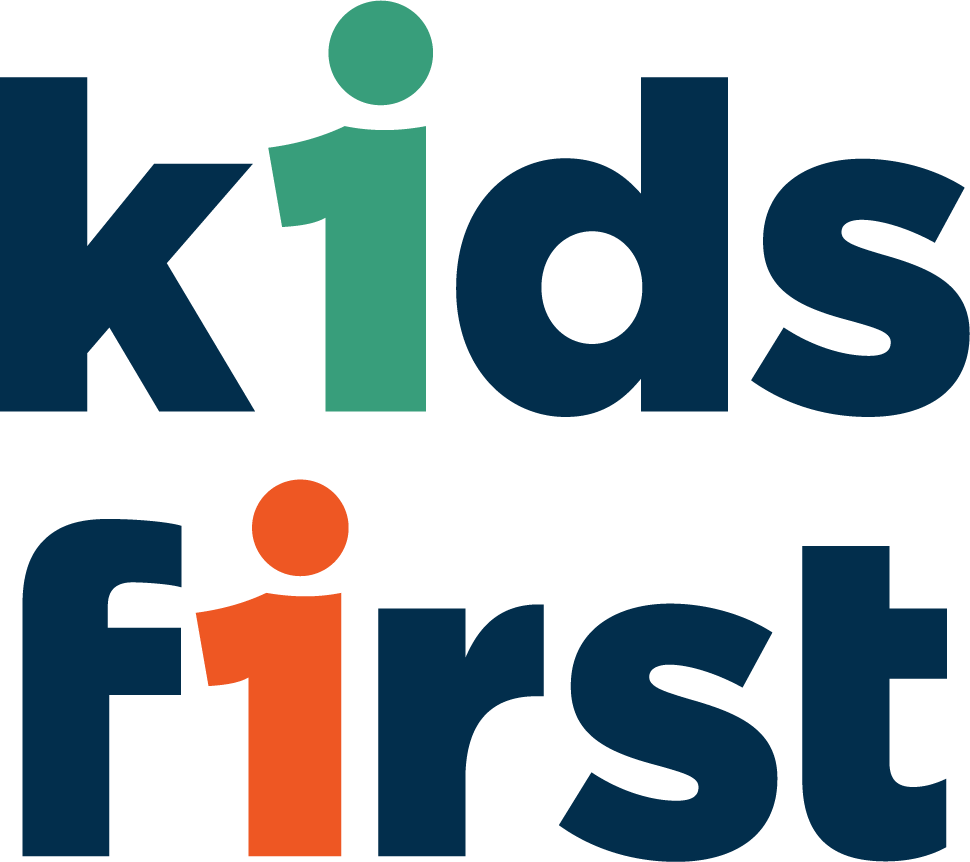Supporting the Transition Out of Foster Care: A Guide to Success
Transitioning out of foster care can be a daunting journey for many young adults. The challenges can feel overwhelming, from finding stable housing to securing employment and managing finances. However, navigating this transition can lead to a successful and fulfilling future with the right support and guidance. Today, we'll explore some common challenges faced by individuals transitioning out of foster care and provide actionable solutions to help make the journey smoother.
What are some challenges young adults face when transitioning out of foster care?
Housing Insecurity When Transitioning Out of Foster Care
One of the biggest challenges for young adults aging out of foster care is finding stable housing. Many individuals struggle to secure a place to live without a support system or financial resources.
To overcome housing insecurity, consider the following solutions:
Explore housing assistance programs by researching local organizations or government agencies that provide housing support for individuals transitioning out of foster care.
Consider living with roommates to share expenses and reduce the financial burden.
Utilize transitional housing programs, as they offer temporary accommodations and support services for individuals transitioning out of foster care, helping them secure stable housing and build independent living skills.
Employment Barriers With the Transition Out of Foster Care
Limited education and job skills can hinder foster youth from finding meaningful employment opportunities. Without a steady income, they may face financial instability and struggle to meet their basic needs.
Helpful solutions when seeking employment opportunities include:
Pursuing education and vocational training programs or pursuing further education to enhance job skills and increase employment opportunities.
Seek out job placement services offered by community organizations or workforce development programs to help with resume building, job searching, and interview preparation.
Consider internships or apprenticeships as valuable work experience to improve employability.
Financial Literacy When Transitioning From Foster Care
Many young adults leaving foster care lack the necessary knowledge and skills to manage their finances effectively. Without proper budgeting and financial planning, they may fall into debt or struggle to make ends meet.
To help, consider providing the means to…
Attend financial literacy workshops and take seminars offered by local organizations to learn about budgeting, saving, and managing debt.
Create a budget to track income and expenses, prioritize spending, and save for future goals.
Build credit responsibly to understand the importance of building credit and establish responsible credit habits to improve financial stability.
Supporting the Emotional Toll of Transitioning From Foster Care
The transition out of foster care can be emotionally taxing, as individuals may feel isolated or abandoned. Without a strong support system, they may struggle to cope with the challenges they encounter.
Emotional support and guidance are important during the process. Consider…
Connecting with mentors or join support groups for transitioning out of foster care.
Practicing and making self-care a priority by engaging in activities that promote mental and emotional well-being, such as exercise, meditation, or creative outlets.
Cultivating a support network. Being surrounded with friends, family members, or trusted individuals can provide encouragement and assistance during challenging times.
If you or someone you know is transitioning out of foster care, remember that you are not alone. By taking proactive steps and seeking support, you can overcome obstacles and build a bright future. Reach out to local organizations, government agencies, or support groups for assistance and guidance. Together, we can empower individuals exiting foster care to succeed and thrive in their journey towards independence.
Transitioning out of foster care is a significant life milestone that comes with its own set of challenges. However, with the right resources and support, it is possible to navigate this transition successfully. By addressing housing insecurity, employment barriers, financial literacy, and emotional support, individuals can overcome obstacles and build a strong foundation for their future. Remember, you have the resilience and strength to overcome any challenge that comes your way. Embrace the journey and believe in your ability to create the life you deserve.

